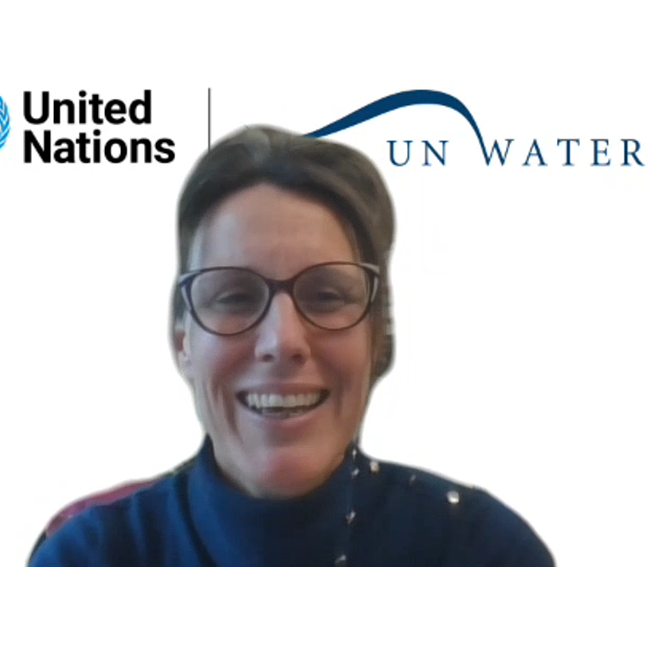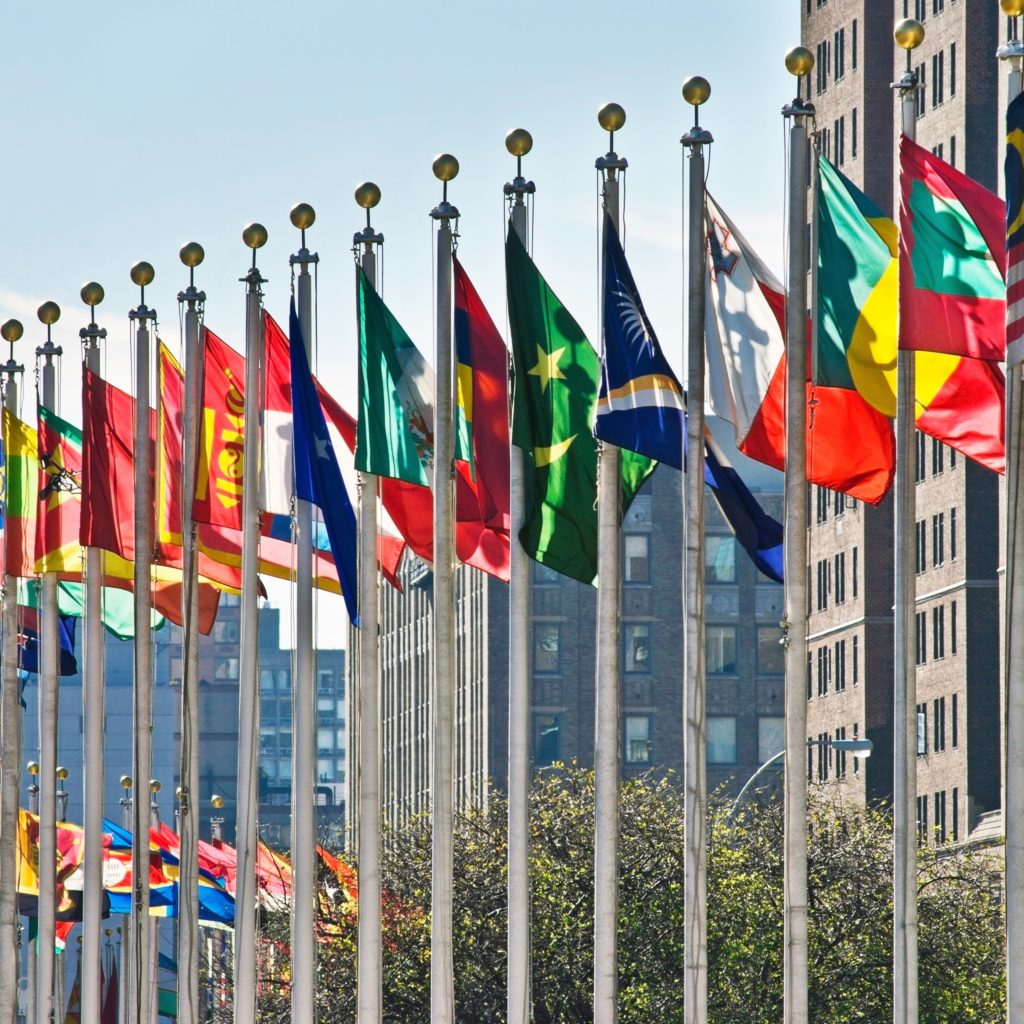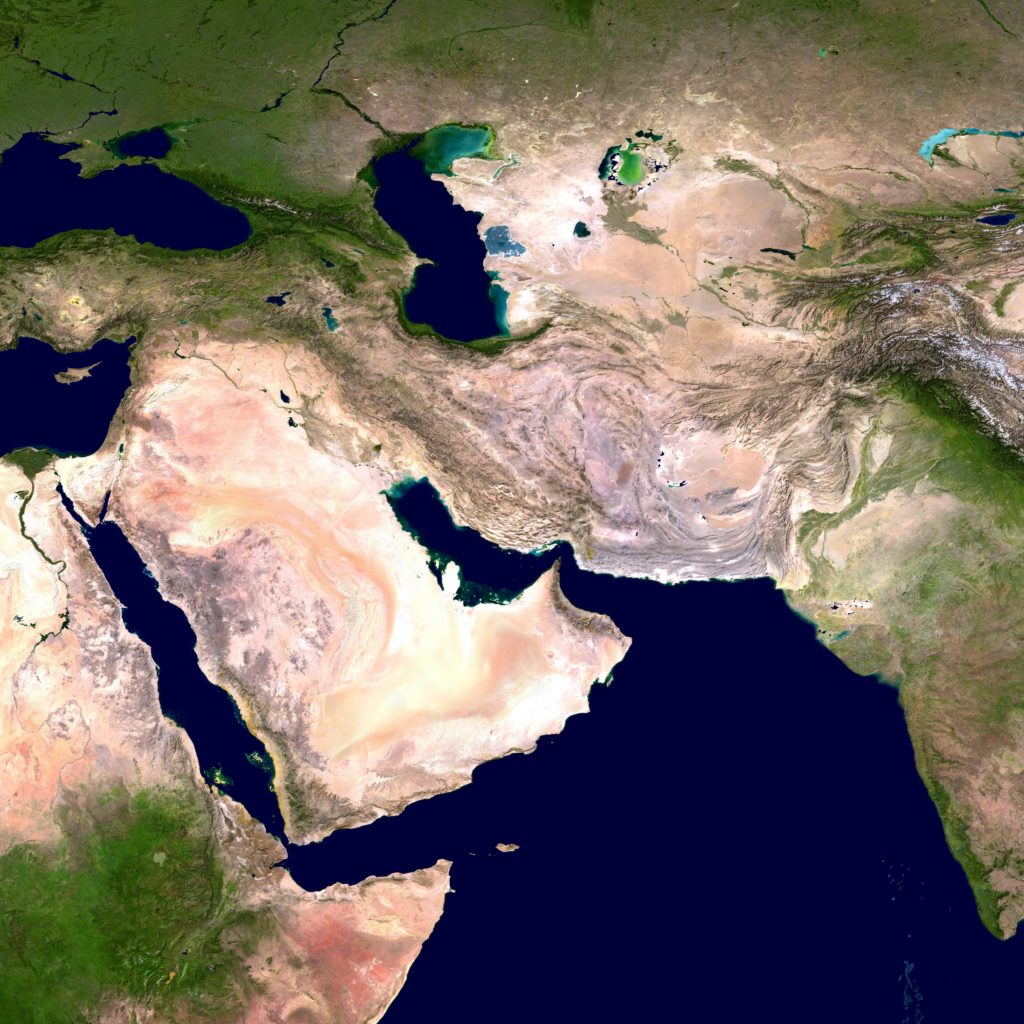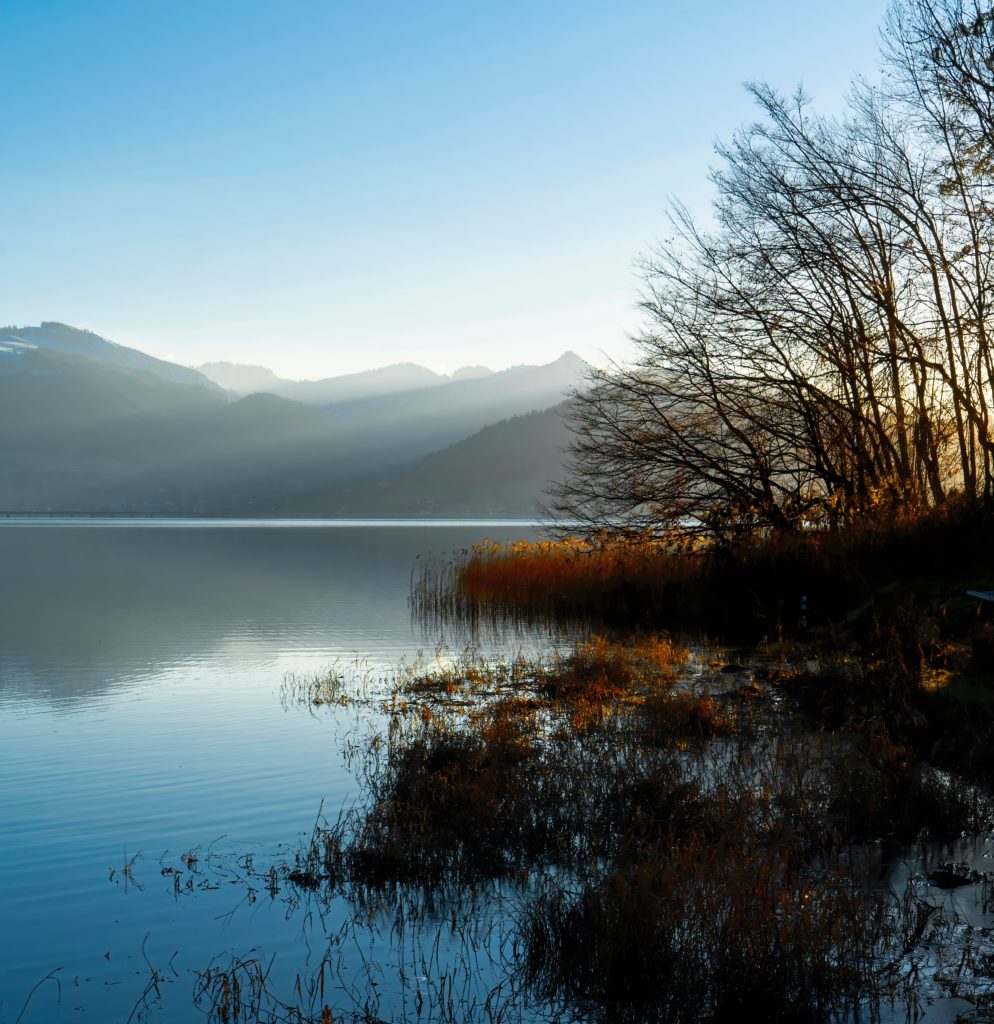Water ministers and other national water policy leaders from all regions of the world have seized the opportunity to contribute to a landmark global report on water policy, set to be released this year.
The inaugural Water Policy Report will reveal the key social, political, financial and structural barriers inhibiting better progress on water issues, as identified through the 2021 Water Leaders Survey.
Those invited to complete the current Water Leaders Survey include water ministers and heads of national water departments and agencies as well as other persons with national water leadership roles.
Tom Soo, Chair of the Water Policy Group project team, said that the response from national water leaders has been very positive.
“Water leaders worldwide have embraced the opportunity to contribute anonymously to the Survey and to share their personal experience,” said Mr Soo.
“Officials responsible for guiding national water management will be able to use the Water Policy Report to determine which of their particular challenges are shared by other countries and, therefore, provide an opportunity to learn from their experiences.”
The survey asks for the opinions and perspectives of national water leaders on many topics within their responsibilities, including risks to maintaining or achieving good water management in their country, how COVID-19 has affected national water outcomes and the relative importance in their country of the five accelerators in the United Nations SDG6 Global Acceleration Framework. The survey also contains questions specific to groundwater challenges, aligning with the theme of the next United Nations World Water Development Report.
“The Water Policy Report will be based on the aggregated responses of national water leaders in each UN geographic region and show challenges and constraints at both the global and regional levels. As such, the Report will provide new and genuine insight about the issues governments are facing in their pursuit to achieve Sustainable Development Goal 6”, Mr Soo said.
The project is being led by the Water Policy Group with support from the University of New South Wales Global Water Institute.
The Survey will close in August 2021. National water leaders from all countries are invited to participate.
Questions about eligibility and survey access can be directed to survey@waterpolicygroup.com.
Water Policy Group
8 July 2021
Download the PDF version of this statement





